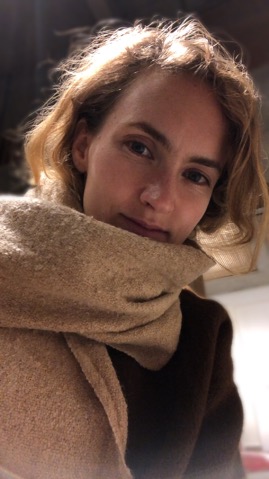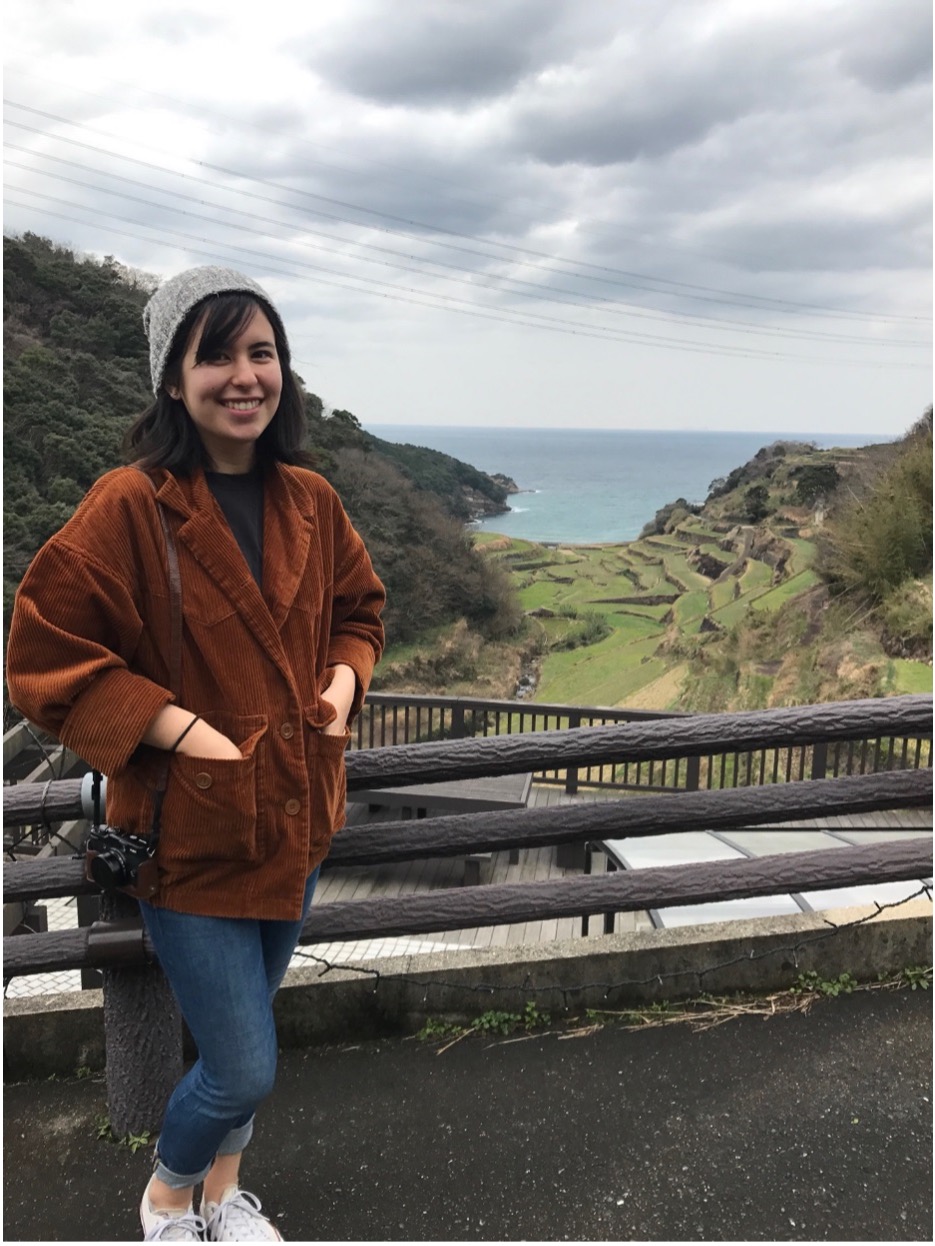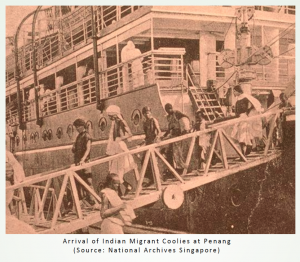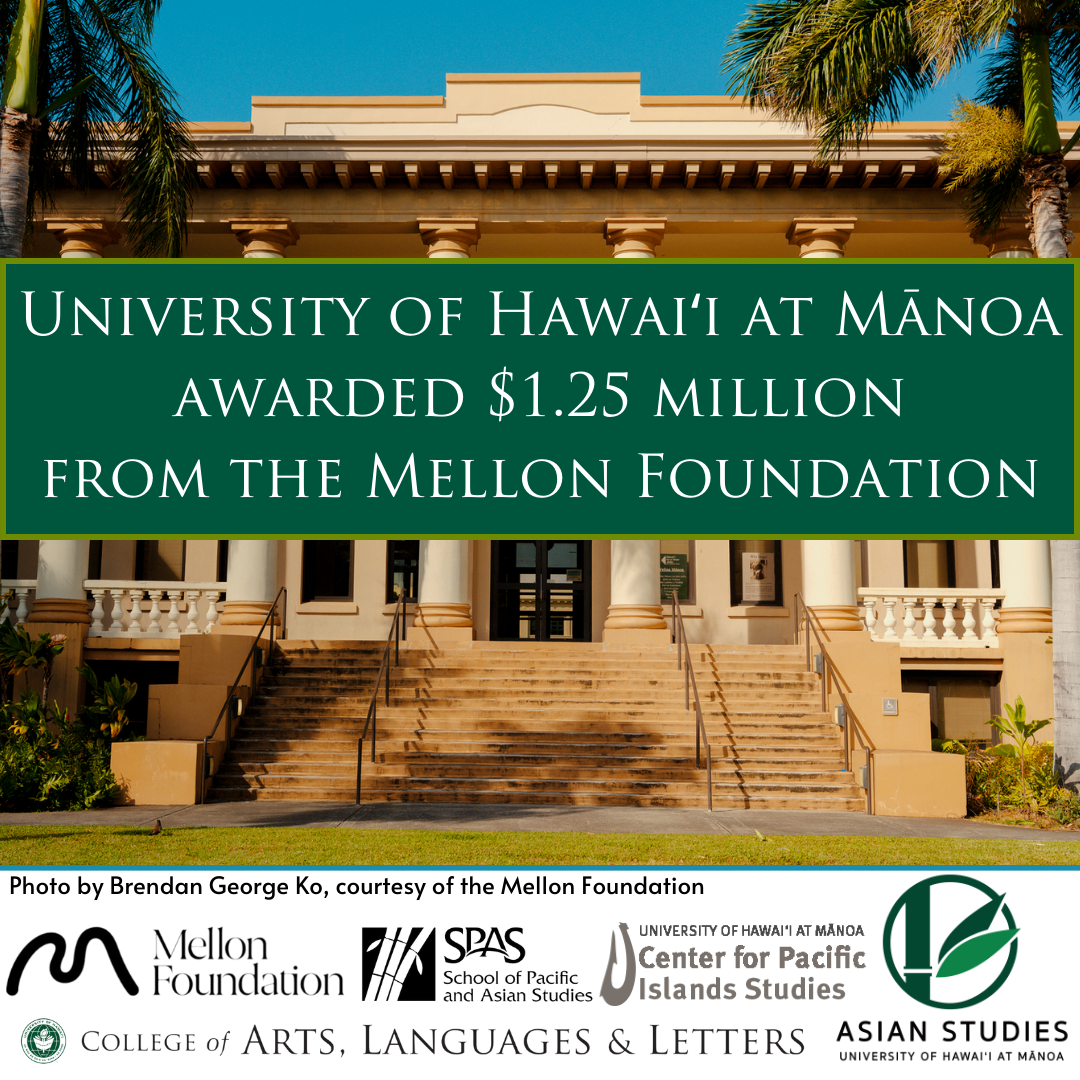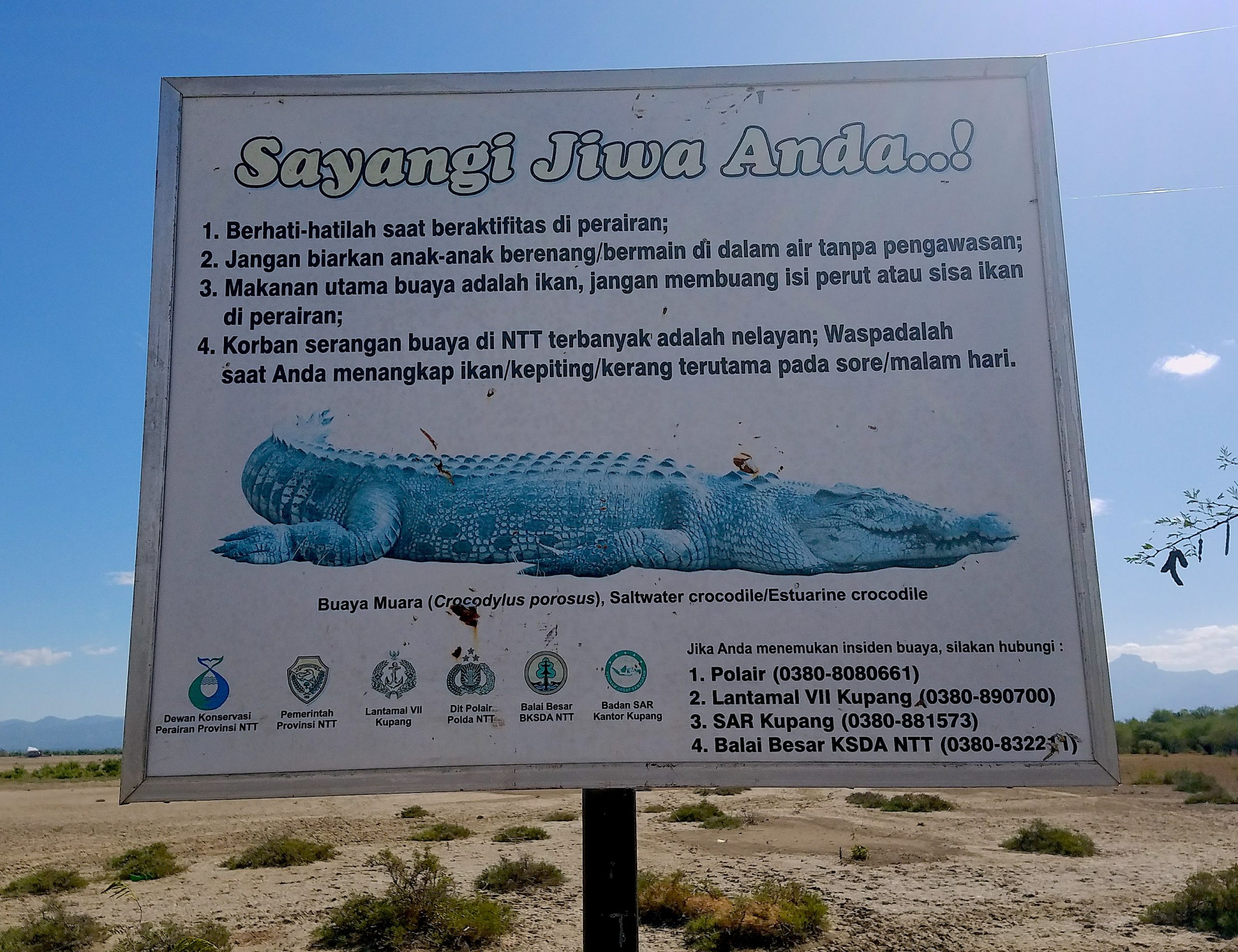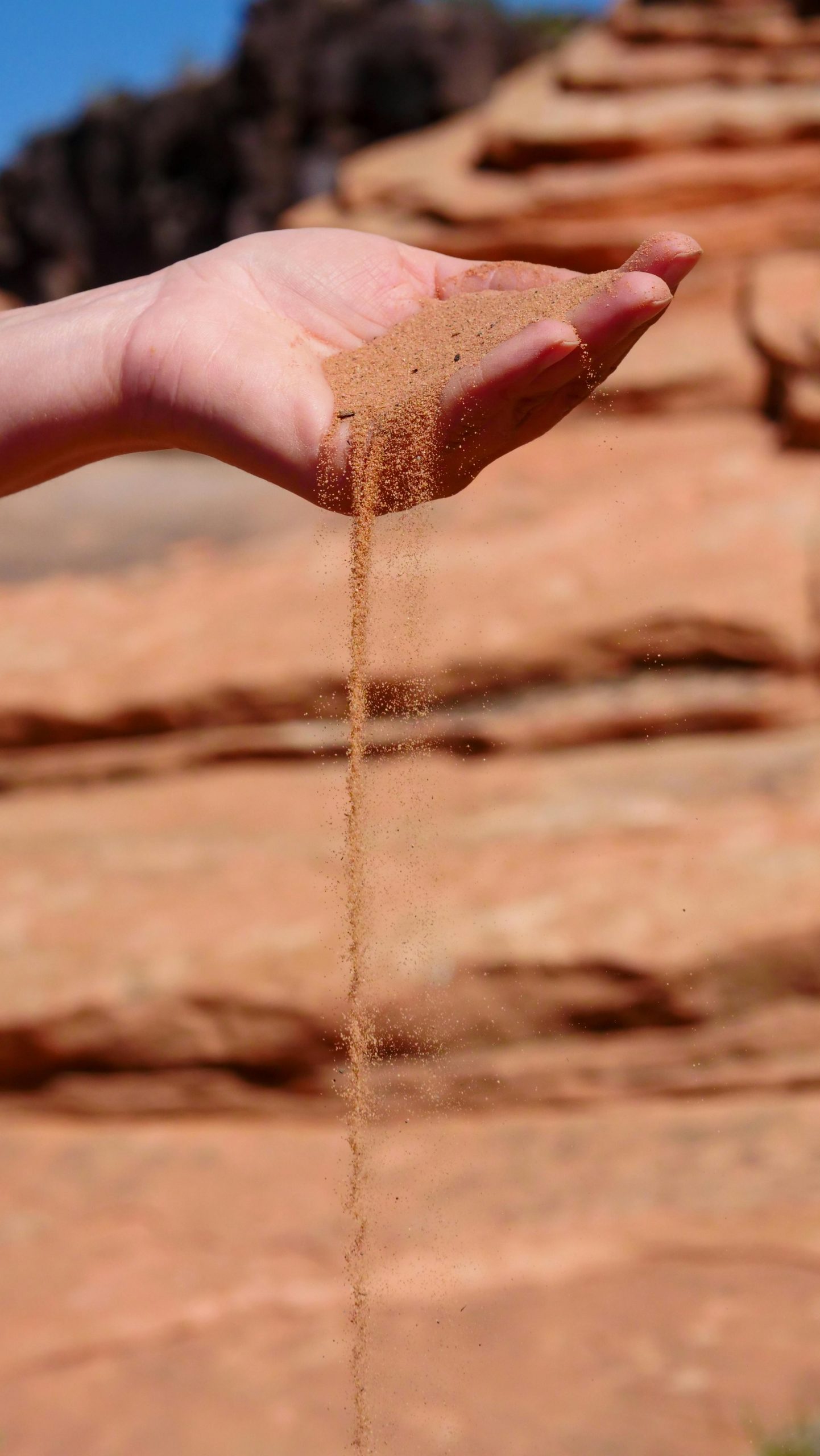Mellon Foundation Awards More Than $18 Million to Public Colleges and Universities for Race, Ethnic,…
Job Talk: (Re)Figuring South Asian Coolie Identities
The Asian Studies Program invites the UH Manoa community to a talk by Dr. Arunima Datta, candidate for the Assistant Professor position in Asian Studies, from 1:30-2:30 pm on Friday February 24, at the Center for Korean Studies Auditorium.
(Re)Figuring South Asian Coolie Identities: Gender, Labor Migration and the Empire
Abstract:
Recently literature has been flourishing on the “colonial” manipulations of intimate relations, morality and domestic arrangements in the making of the Empire. This body of scholarship remains limited by its preoccupation with relations between European men and native women, rendering some bodies and relations more relevant than others. Colonial construction of migrant Indian coolie households often depicts coolie women either as immoral beings or as passive victims of skewed native patriarchy, while coolie men have been figured as irresponsible and violent partners. Such sweeping depictions homogenized all coolie women into a single category of ‘victims’ and likewise all coolie men as perpetrators of violence against their wives or mistresses, thereby disregarding the plethora of relations and identities coolie men and women experienced. This talk explores such neglected intimacies of Indian coolie households in British Malaya. In doing so, it introduces the concept of “situational agency” and in the process contributes to ongoing discussions in fields of gender, migration and labour studies by problematizing the dichotomous understanding of “agent” and “victim” as mutually exclusive categories.
About the Speaker:
Dr Arunima Datta is a postdoctoral fellow at the Asia Research Institute, National University of Singapore(NUS) and simultaneously lectures for the South Asian Program, NUS. Datta received her PhD in Southeast Asian Studies from NUS and was awarded the Presidential Scholarship for her research. She maintains an active interest in the related fields of South Asian and Southeast Asian history/studies, women’s and gender history, race, gender and sexuality studies, colonial and postcolonial studies. She has authored articles on colonial law, Indian coolie women in Malaya during British Rule and during Japanese Occupation. She is currently working on two book projects, viz., Indian Coolie Women in Malaya, Travelling Indian Ayahs in Britain. Datta recently organised the Gender Perspectives on Colonial Inter-Asian Labour Migration; the first conference in the field of Inter-Asian studies to focus on gender and labour migration history. She also serves as Assistant Editor of the Journal of Malaysian Branch of Royal Asiatic Society and is also a member of the editorial board of Asian Journal of Social Science Studies.
